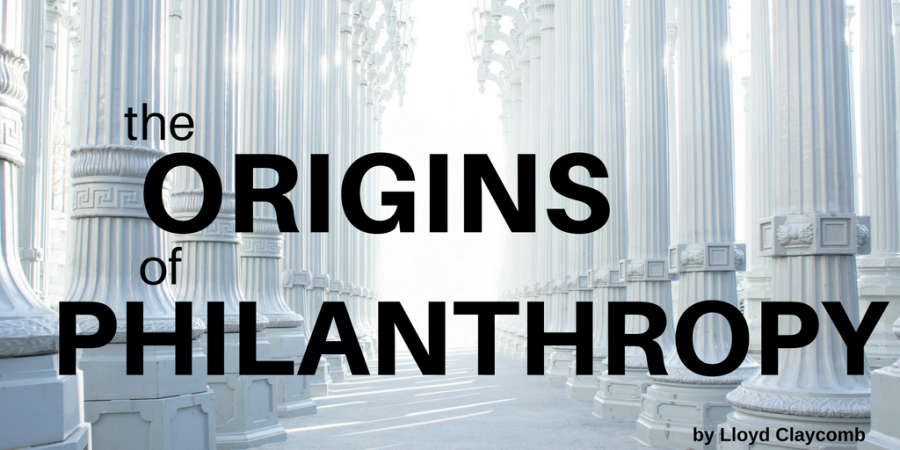If you read my blog post last week, you learned a little bit about why some people don’t give to charity; this week, as we enter the season of giving, I decided to take a look at some of the reasons why people choose to give their money to those less fortunate. On a personal level, it’s great to….. From a philanthropic perspective. if you’re hoping to entice people into donating to your charity, you first need to understand why people are donating their money and what their motives are for giving. Maximize your business’s efforts to raise money by checking out some of the top reasons why people choose to give.
- The cause hits close to home.
- This can be in both a figurative and a literal sense; people are more likely to help out a cause in an area near them, and people are going to feel drawn to causes that raise awareness and benefit particular hardships they’ve personally endured. Consider if you were raised in the foster system — as an adult, you would likely want to benefit other children who are currently sharing in that experience.
- They’re looking to make a difference.
- In times of crisis, it’s easy to feel powerless in the face of calamity. For this reason, people often choose to give their money because they are looking to affect positive change and make lives better for a specific group of individuals. If you are moved by the plight of an impoverished nation, you’re going to seek out ways that your donation can directly benefit them and improve their lives.
- They want to give back to something that benefited them.
- If a particular cause or organization made a lasting impact on your life in one way or another, you’re likely going to want to give back once you’re financially able; for example, if your house were to burn down and you receive assistance from the Salvation Army or the Red Cross, you’re going to be more likely to make a routine of donating to them in an attempt to give back and show gratitude for all the help you were given.
- They want to preserve a legacy.
- Many academic and athletic scholarships are given in honor of — and in the name of — a loved one as a way to preserve their memory long after their lives are over. Some people choose to start scholarships or grants to donate to people or organizations that help to carry on the vision of the loved one who has passed away. Other people, like Bill and Melinda Gates, have decided to use their incredible wealth to build one of the world’s largest nonprofits so that their money could keep helping others long after they’re gone.
There are many reasons why people choose to give to charity, but the important thing to remember is that people give with their hearts and not their heads. That’s not to say that people are going to give mindlessly; rather, people are more likely to give to causes that appeal to their emotions and their basic human instincts.


